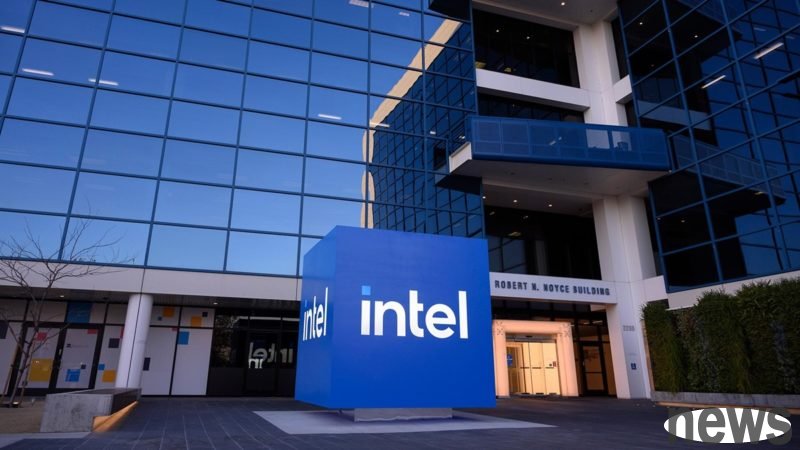Foreign power reports, the semiconductor manufacturer Intel pointed out in a submission report that the terms of the agreement reached with the Trump administration, which are related to the sale of 10% of the shares to the US government, are expect...

Foreign power reports, the semiconductor manufacturer Intel pointed out in a submission report that the terms of the agreement reached with the Trump administration, which are related to the sale of 10% of the shares to the US government, are expected to cause dilution of rights to existing shareholders and may affect the company's international sales collection.
The report noted that the 8-K filing submitted to the Securities and Exchange Commission (SEC) in Intel stated that the terms of agreement reached with the Trump administration have multiple adverse effects on existing shareholders. First, the U.S. government will acquire common stock at a discounted price below the current market price, which will directly dilute the rights of existing shareholders. If the conditions for the recognition of shares are exposed and exercised, shareholders may suffer a more serious dilution.
The second is that the US government may become Intel's largest shareholder. Although the purchase agreement requires the government to vote according to the company's board of directors' advice, this will still weaken the impact of other shareholders' voting on director's election and company proposals, and the interests of the U.S. government may not be as similar to those of other shareholders. Finally, the US government's important shareholder of Intel and its wide influence on the company's relevant laws and regulations may significantly limit Intel's future strategic trading development that is beneficial to shareholders, and may even reduce the intention of third parties to conduct such transactions with Intel.
As for the adverse impact of international sales, the report also stated that in the financial year ended December 28, 2024, about 76% of Intel's revenue came from overseas markets. After the US government becomes an important shareholder of the company, it may cause Intel to face additional regulations, obligations or restrictions in other countries, such as foreign subsidy laws, etc., which will in turn have an adverse impact on its non-US business.
In fact, the motor of the terms of agreement reached between Intel and the Trump administration originated from the Trump administration's desire to increase domestic manufacturing in the United States. What is stubborn is that Intel's wafer foundry business is currently in a state of decline, with a net loss of US$18 billion in 2024, which is a bit larger than the US$7 billion in the previous year. Intel's stock price performance has also been poor, plunging 63% from its 2020 high of $69.29 and has not recovered to the price level since its 2000 high of $75.81. Factors that cause this situation include the loss of important industry trends such as ARM architecture processors, artificial intelligence and cloud solutions, which are currently led by companies such as NVIDIA, AMD and even Google.
Reports emphasize that because the US government has very few precedents as a major shareholder of a listed company, all the potential consequences of this transaction are hard to predict. Announcement or completion of the transaction may immediately or in the long term adverse reactions from investors, employees, customers, suppliers, foreign governments or competitors. In addition, it may also lead to disputes related to transactions and increase public or political reviews faced by the company. White House economic consultant Kevin Haslett has said the Trump administration is willing to make more similar deals with other companies. Therefore, the market will continue to focus on changes in such events.